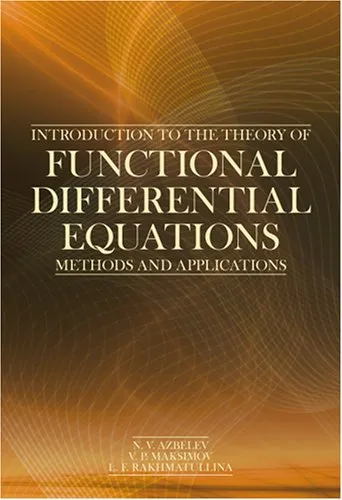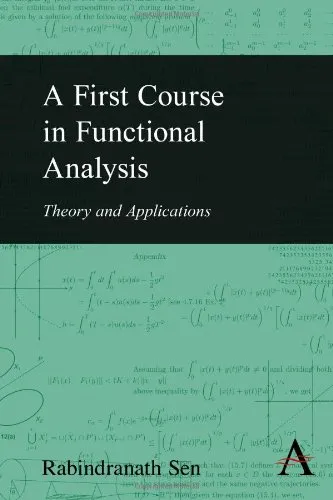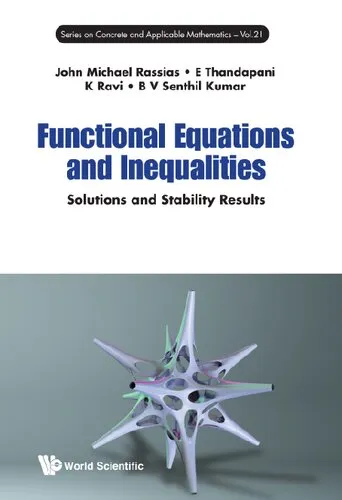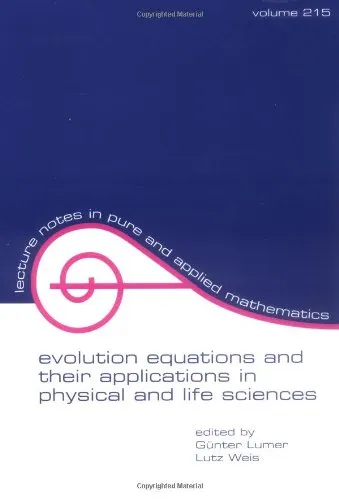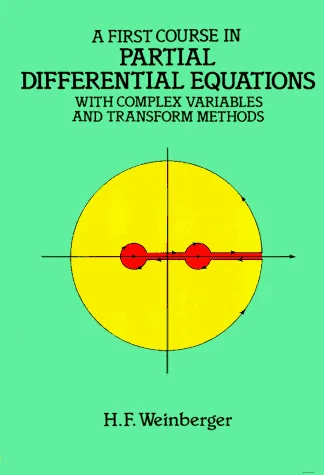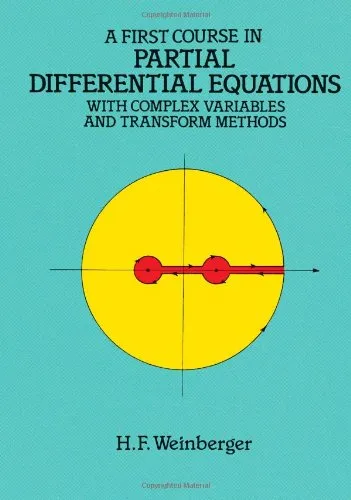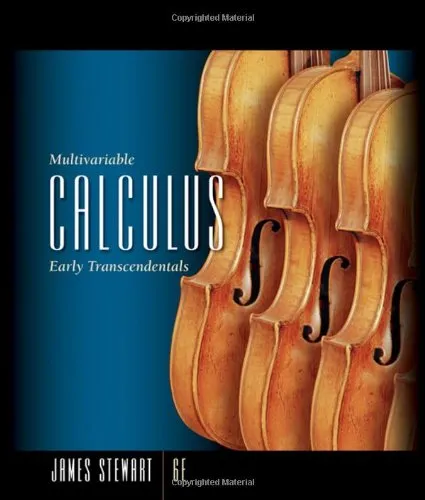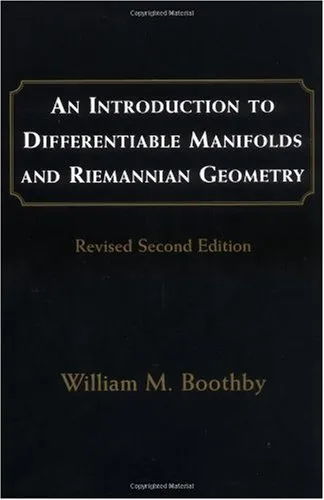Introduction to the theory of functional differential equations
4.5
Reviews from our users

You Can Ask your questions from this book's AI after Login
Each download or ask from book AI costs 2 points. To earn more free points, please visit the Points Guide Page and complete some valuable actions.Related Refrences:
Introduction to the Theory of Functional Differential Equations
Functional differential equations (FDEs) play a critical role in modeling dynamic systems where the evolution of the state depends not only on the current state but also on its history. These equations appear widely in engineering, biology, economics, and physics, making their study indispensable for advancements in multiple domains. "Introduction to the Theory of Functional Differential Equations" is a foundational text written by N. V. Azbelev, V. P. Maksimov, and L. F. Rakhmatullina. It aims to provide both a theoretical foundation and practical tools to analyze and solve FDEs effectively.
Detailed Summary
The book is structured systematically to introduce readers to the theoretical fundamentals and applied aspects of functional differential equations. The authors begin with an in-depth discussion of differential equations where delays or deviations are involved. The concept of "functional dependency" is thoroughly explored, emphasizing how present behaviors influence future outcomes through historical data.
The initial chapters cover the basic definitions, mathematical preliminaries, and a detailed examination of the classification of FDEs. Readers are introduced to the distinctions between retardation, neutral type, and mixed-type functional differential equations. The authors ensure that these concepts are accessible by building on classical differential equations and gradually expanding into the functional domain.
Following this, the book delves into the existence and uniqueness problems, stability theories, and various solution techniques. A significant portion of the text is dedicated to the qualitative analysis of solutions, drawing parallels with ordinary differential equations but also addressing the unique challenges posed by functional dependencies. Another key aspect of the book is its attention to abstract spaces where FDEs reside, such as Banach and Hilbert spaces, offering tools for tackling operator equations.
One of the standout features of the book is its focus on practical examples, applications, and illustrative problems. Whether it is the modeling of biological systems, engineering applications, or control theory, the authors establish the relevance of FDEs in real-world contexts. Each chapter includes exercises that encourage active engagement, thereby solidifying the concepts discussed.
Key Takeaways
- Comprehensive introduction to the theory and application of functional differential equations.
- Clarity in explaining the concepts of delay, deviance, and dependency in dynamic systems.
- Robust discussion of stability theories, solution existence, and uniqueness criteria.
- Practical examples and exercises to develop problem-solving skills in FDEs.
- Insight into advanced topics, such as operator equations and abstract function spaces.
Famous Quotes from the Book
“The present is not an isolated moment; it is the culmination of the past and the foundation of a future dependent on its history.”
“Functional differential equations serve as a bridge between the traditional and the contemporary, linking the static past to the dynamic present.”
Why This Book Matters
This book holds immense importance for both students and researchers in mathematics, physics, and applied sciences. At its core, it offers a clear and structured way to approach FDEs, which are often regarded as complex. By combining theoretical rigor with practical examples, the authors empower readers to model, analyze, and solve dynamic real-world problems influenced by historical data.
Moreover, the book bridges the gap between classical differential equations and modern functional analysis, offering a fresh perspective for those already familiar with basic differential equations. It serves as not only a didactic tool but also as a reference for advanced research in mathematical modeling. Functional differential equations are becoming more relevant in today’s interconnected and dynamic world, underlining the enduring relevance of this scholarly work.
Free Direct Download
You Can Download this book after Login
Accessing books through legal platforms and public libraries not only supports the rights of authors and publishers but also contributes to the sustainability of reading culture. Before downloading, please take a moment to consider these options.
Find this book on other platforms:
WorldCat helps you find books in libraries worldwide.
See ratings, reviews, and discussions on Goodreads.
Find and buy rare or used books on AbeBooks.
1292
بازدید4.5
امتیاز0
نظر98%
رضایتReviews:
4.5
Based on 0 users review
Questions & Answers
Ask questions about this book or help others by answering
No questions yet. Be the first to ask!
